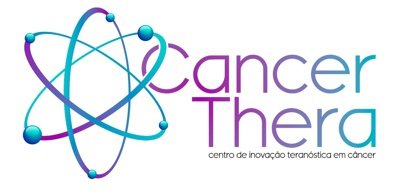The 1st CancerThera Seminar: Transforming Research into Innovation, held on March 20, 2025, was an important gathering for the academic and scientific community interested in health innovation. Organized by the Oncology Graduate Program of the Faculty of Medical Sciences (FCM) at the University of Campinas (Unicamp) in partnership with CEPID CancerThera, the event brought together more than 100 participants, both in person and remotely, establishing itself as an essential forum for discussions on quality management in laboratories, basic research, clinical research, and entrepreneurship within universities.
For Dr. Pedro Paulo Corbi, a chemist, professor at the Institute of Chemistry at Unicamp, principal researcher, and Innovation Manager at CancerThera, the event’s multidisciplinary nature was a key feature: “CancerThera is an interdisciplinary project involving multiple institutions. The innovation seminar aligns with the project’s essence, demonstrating that collaborations between different professionals will be fundamental for achieving cancer therapy and diagnosis goals.”
With a comprehensive agenda featuring renowned speakers in their respective fields, the seminar was broadcast live on YouTube, allowing a broader audience to follow the discussions and interact with the expert speakers. “The event exceeded our expectations. The number of in-person and online participants was significant. Besides graduate students, numerous professors also attended, which reinforced our perception that the topic—how to promote innovation through best practices—is of interest to academics in general,” said Dr. Carmen Silvia Passos Lima, a hematologist, oncologist, professor at FCM/Unicamp, principal researcher, and Innovation Coordinator at CancerThera.
Lima believes that hosting events on “innovation” helps broaden researchers’ perspectives. “I think we, as researchers, need to have both perspectives: obtaining results and ensuring quality, reproducible results when designing our projects. This way, we save time, effort, and financial resources that would otherwise be spent repeating experiments,” she emphasizes.
The topics covered in the lectures were highly educational, according to the professor, as they were approached from an uncommon perspective: “Usually, researchers focus on obtaining results from their studies. The seminar speakers, however, focused on the quality of research results, aiming to comply with regulatory standards and bring laboratory discoveries to the market without repeating experiments.”
Entrepreneurship in the scientific community
The event addressed fundamental topics for advancing translational research and innovation in Brazil. In the morning, participants discussed quality management in research laboratories, with lectures on challenges in implementing good laboratory practices, quality in radiopharmaceutical development, and biological research in laboratory animals.
In the afternoon, the focus shifted to clinical practices and entrepreneurship, highlighting key aspects of clinical research, responsibilities in conducting studies, and innovation opportunities within universities. The seminar concluded with a discussion on the PIPE-FAPESP program, through which the São Paulo Research Foundation (FAPESP) funds innovative research with market potential.
“Innovation in health is a major challenge, as it is essential to ensure compliance with all regulatory requirements from the research planning stage,” notes Dr. Maria Carolina Santos Mendes, a nutritionist, collaborating professor at Unicamp, postdoctoral researcher in Research Management – Innovation, and associate researcher at CancerThera. She adds, “Discussing quality management from the basic stage, through preclinical research, and up to clinical research is crucial. For innovation to happen, research must move from the lab bench to the market.”
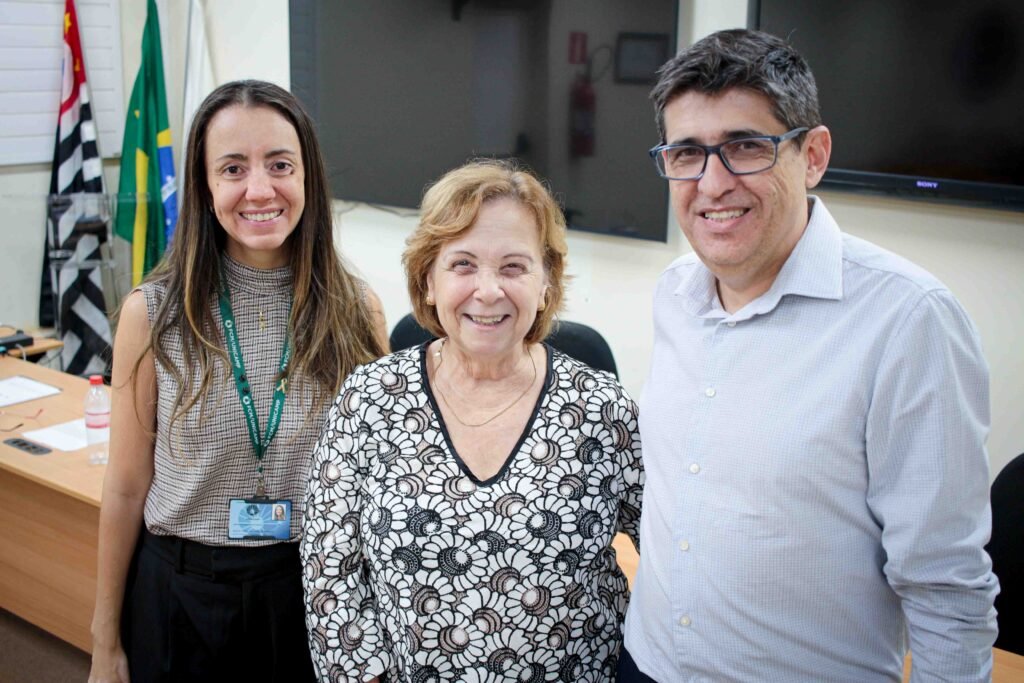
Corbi believes researchers are increasingly open to entrepreneurship but stresses that this new mindset requires changes in researcher training, including business management courses and corporate world tools. “Researchers will need to prepare both scientifically and entrepreneurially,” he says.
Regarding academic entrepreneurship, Mendes highlights the role of Unicamp’s Innovation Agency, Inova, which CancerThera’s Innovation sector can always rely on. “Getting to know and promoting its initiatives, such as entrepreneurship courses, and deepening our understanding of Unicamp’s Institutional Innovation Policy, was essential in defining our target audience for this event,” she states.
With the success of this edition, expectations are high for future meetings to further discuss innovation in Chemistry, Oncology, Nuclear Medicine, and the biomedical field as a whole. “Topics like patent development, startups, and ethical aspects of research should be covered in the second seminar. Additionally, previously discussed topics from the first edition could be approached practically, with discussions on researchers’ own projects,” Lima explains. She also notes that another key topic for future discussions will be “how to align researchers’ interests with companies’ interests so that patents developed in innovation agencies actually reach patients, which is the ultimate goal of researchers in the health field.”

Speakers who participated in-person and remotely
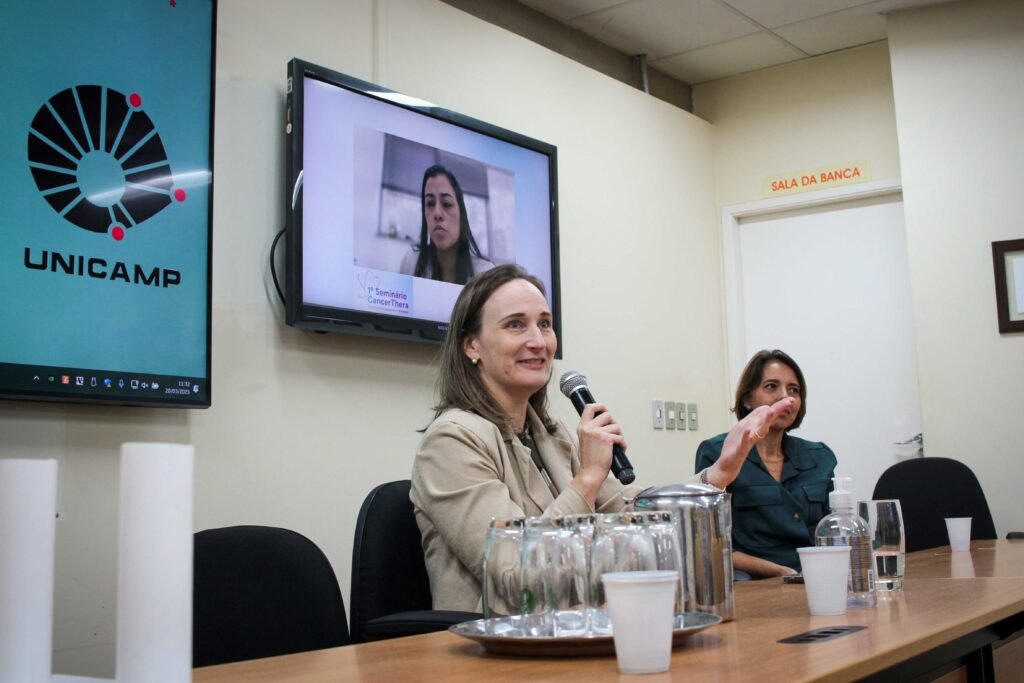
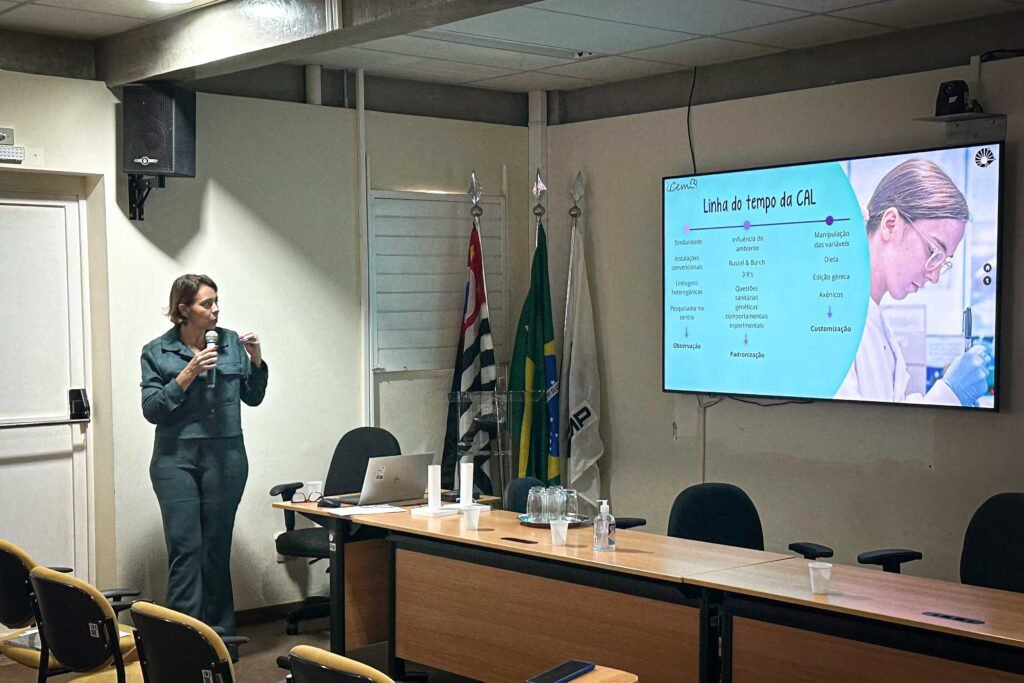
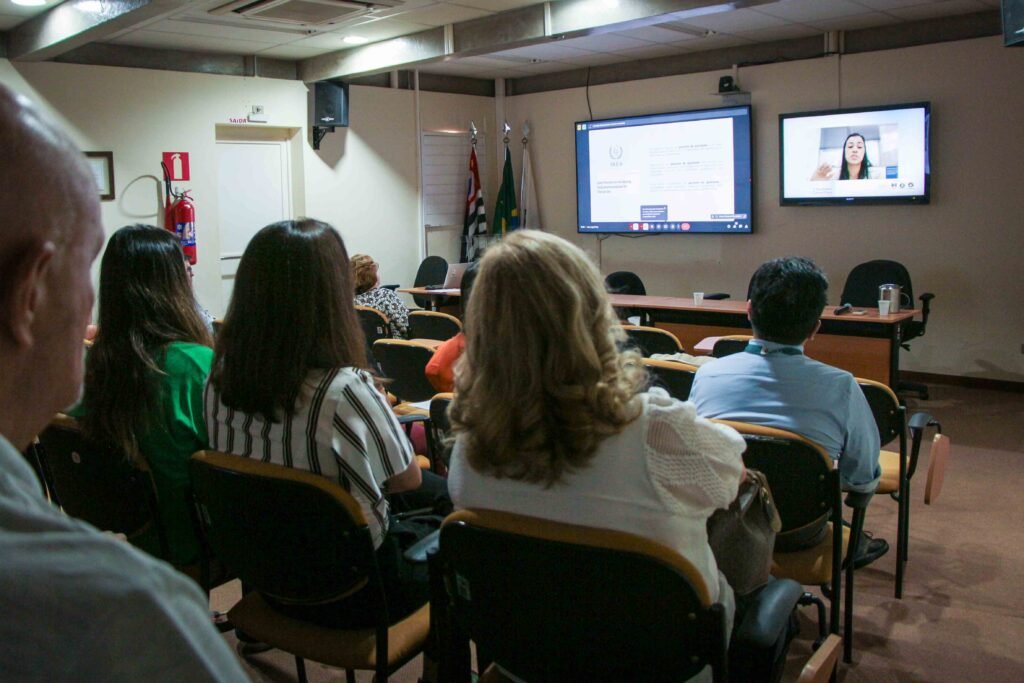
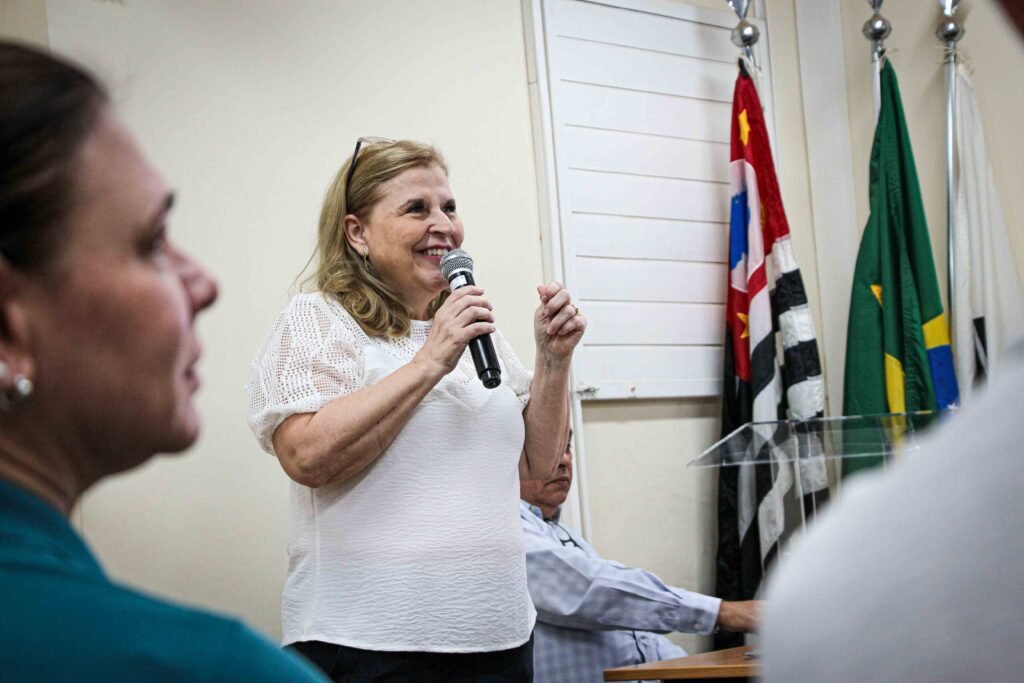

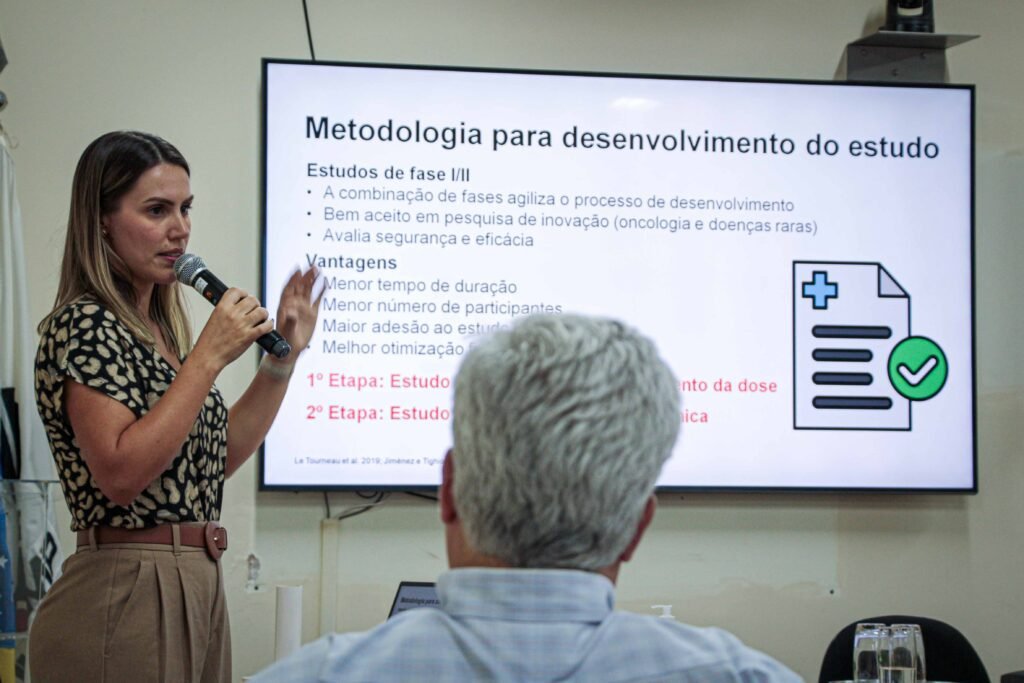

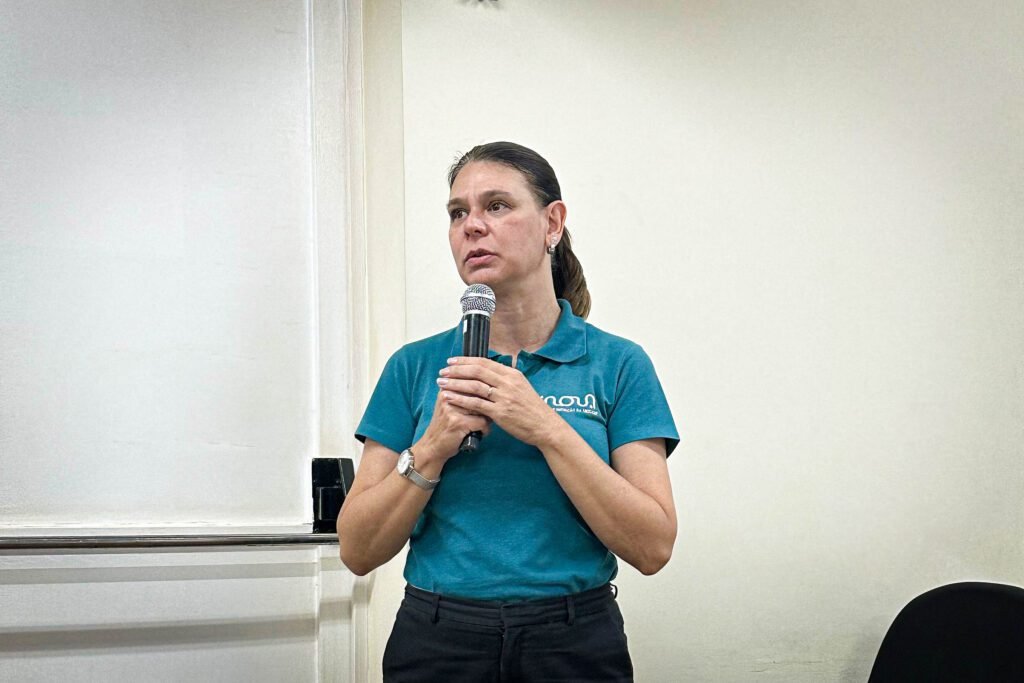

For those who could not attend live, the event’s content remains available on YouTube, serving as a reference for students, researchers, and health professionals interested in innovation and quality management.
Watch the video below and follow the schedule at this link.
Text and photos: Romulo Santana Osthues with colaboration of Carmen S. P. Lima

